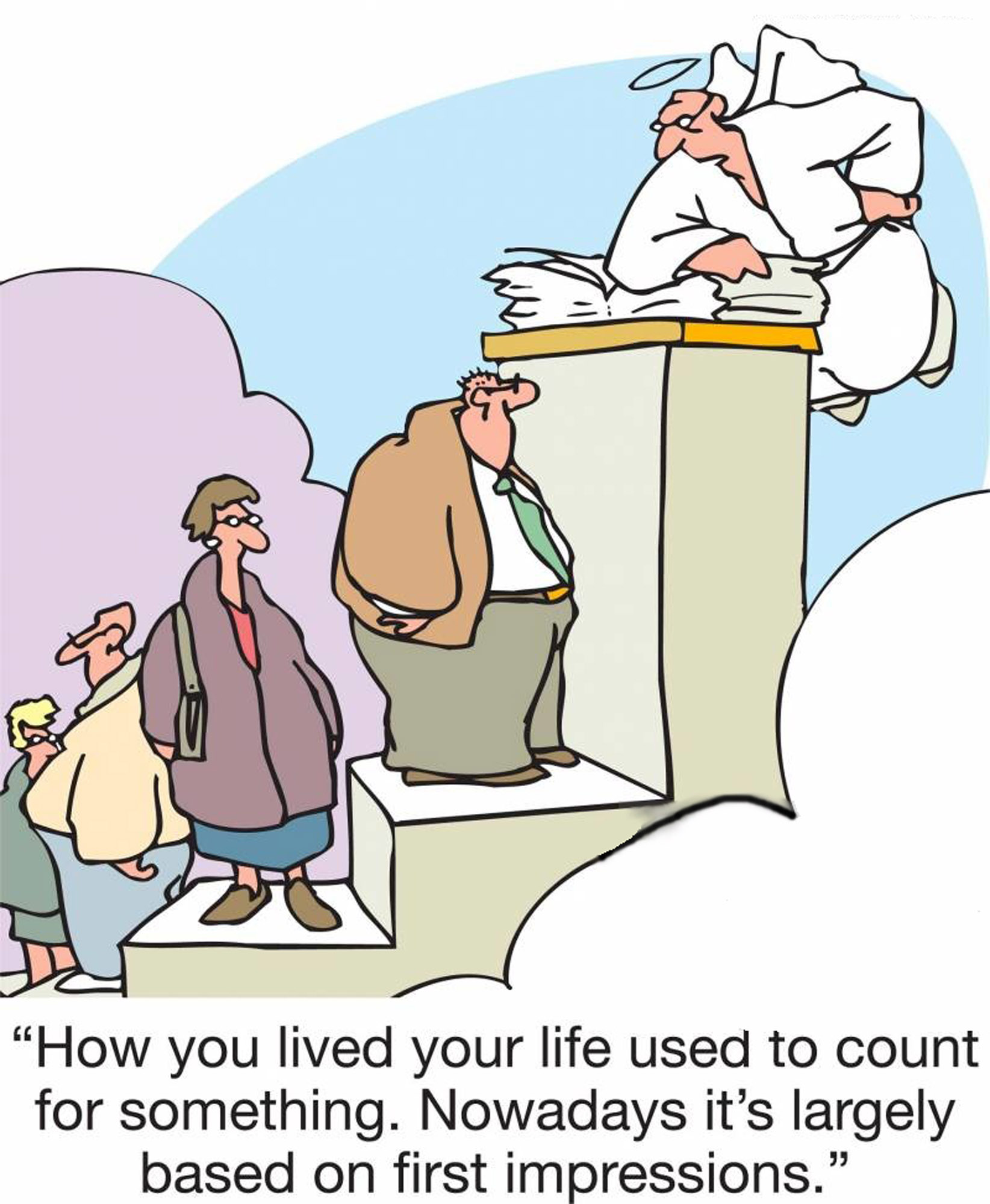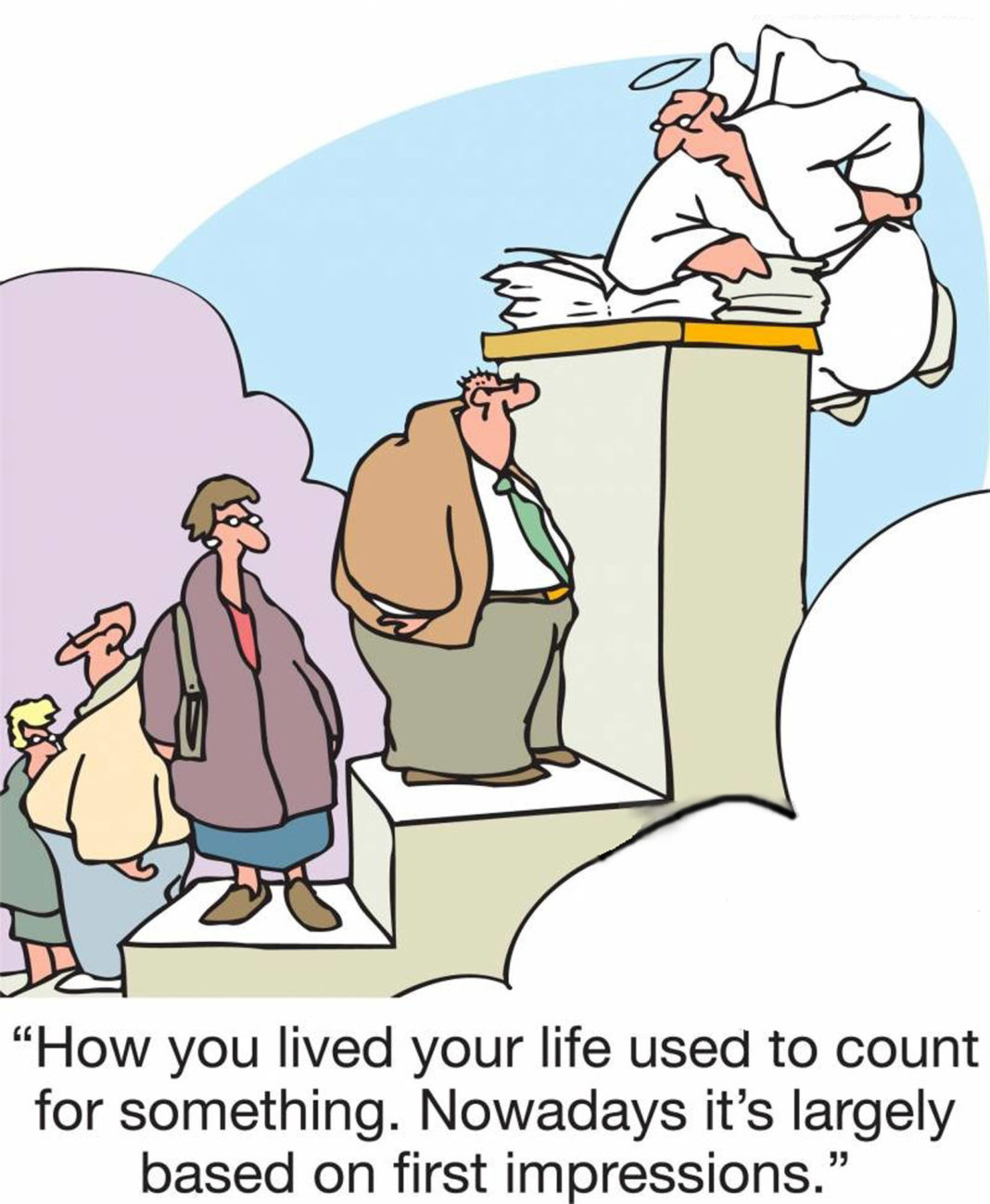When people talk of ‘impulsive decisions’, they generally use a tone of disapproval – as if there is something inherently wrong with making a fast decision. I totally disagree with this conclusion.
The overly cautious person will procrastinate, to avoid taking a risk and it is risk-takers who find solutions, find a better way, and do well for themselves, their community and their country.
The ‘snap’ decision is more often than not the ‘lucky’ one. I can tell you that some of the best decisions I have ever made were made on no more than a hunch and usually in the proverbial ‘split second’. Conversely, the good ones I missed were those I mulled over for too long: “The opportunity of a lifetime must be grasped during the lifetime of the opportunity” and so on. Too much time given to anything is time wasted – and this can include waiting on expert advice and analysing the thing until your head is spinning.
Of course you need to be informed, but the most important ingredient is your own belief in what you are doing. As well as giving your proposal too much time, you can also get bogged down with too much information.
This information will establish all the things which can possibly go wrong; it will stunt your enthusiasm, stifle your hunch if you let it and possibly talk you out of your plan. The more successful deals I ever accomplished were impulsive and if I were to listen to the experts, they certainly couldn’t work and would not make money.
I remember a better man than me working for years in Canada (There were many of them!) and he saved all his money with the sole focus of coming back and buying a farm. Six years of working every hour available and John (not his real name) had more than enough money to fulfil his dream. In fairness, he was pretty tight with his dollars.
He walked every farm that was for sale and went to every auction. John was the under-bidder more often than a paid puffer, but the land was always making a bit too much for his liking. This went on for a few years, the land was getting dearer and before he knew it, John couldn’t afford to buy the land and he never owned a farm – simply because he was too cautious.
Watch a poker school in action and see how the cautious player will read his cards too long, his timid eye shifting from his hand to the pot in the centre. You know that at best he is just going to ‘look’, even with a hand that would have been worth more and the longer he thinks about it, the more likely he is to ‘fold’. Contrast this with the player who is going to raise the stakes; no hesitation here and you are looking at your likely winner.
How often do you see a good hurler on the ball with ‘too much time’ and he makes a bags of it: Time to weigh up too many options, so he waits until he is “hooked”, fumbles the ball, or hits a wasted puck. That same man can excel throughout the match with his snap decisions under pressure and when he doesn’t have time to think it through.
My son fell into a flooded stream when he was two and a half years old – after the classic turning our backs on him for five minutes. His bright yellow anorak was bobbing up and down as Ian floated on his mouth and nose in the water. His Mother cleared four strands of barbed wire and I too jumped into the river. We would both have been within the qualifying times and heights for that year’s Montreal Olympics and Pamela said, on looking at the paling next day, that had she been offered ten thousand Euro, she would not have been able to figure a way to cross it; but the snap decision worked and it was the right one. (I think!!!)

Love at first sight is far more common than the calculated weighing up and down of the ‘condition’. One good example of this was digs I stayed in 20 Martin Bay, Thompson, Manitoba in 1967. Our landlords were a delightful couple, Jules and Toni, who had been very happily married for thirty years. They got married, three weeks to the day, from their first meeting.
In times of war the important battles are won by the generals who have a hunch and make a snap decision. The decisive instant moves while under pressure have written history: Iron crosses, Purple Heart and bravery commendations are mostly earned for snap decisions.
First impressions are often best. Don’t be afraid to go with your gut feeling and fortune does favour the brave. You won’t get it right all the time, but if you keep snapping away at it you will be the winner.
Don’t forget
People don’t accidentally stumble into failure: They think their way into it.





